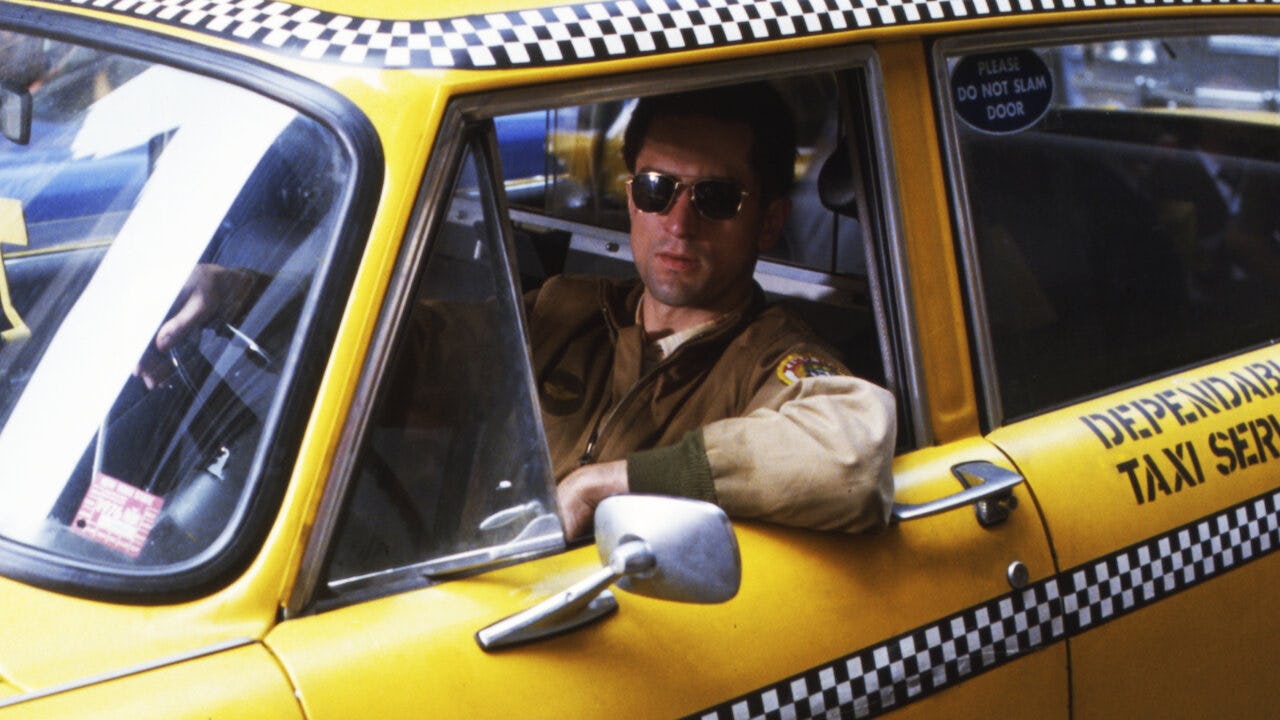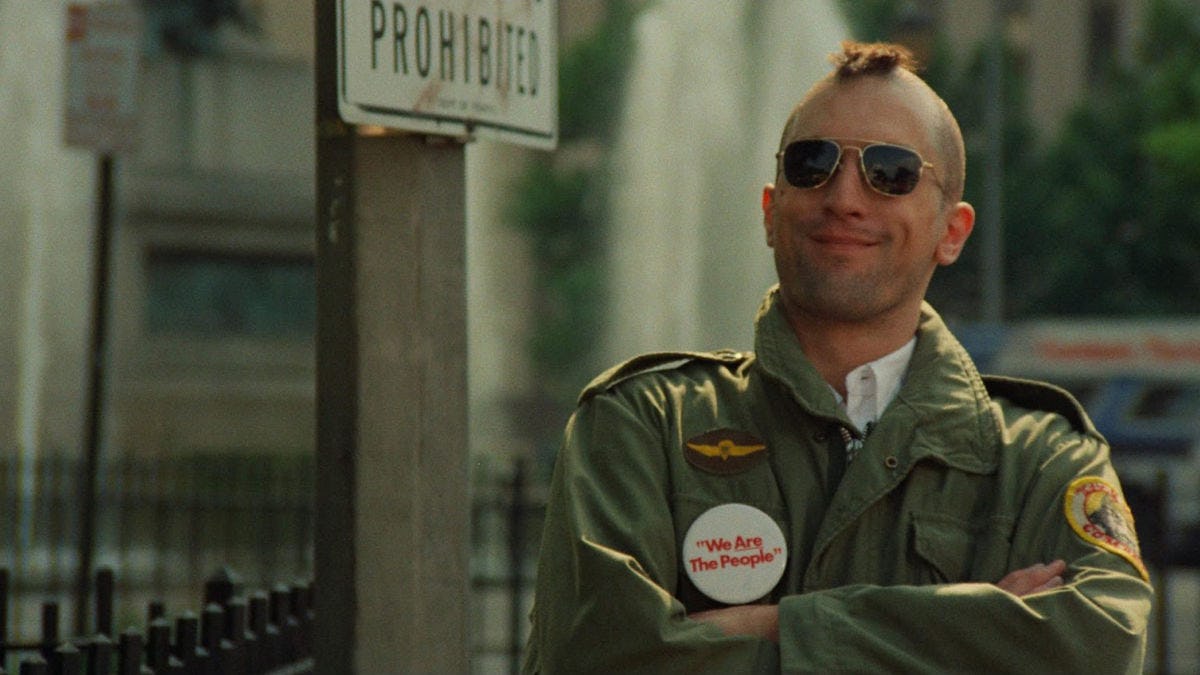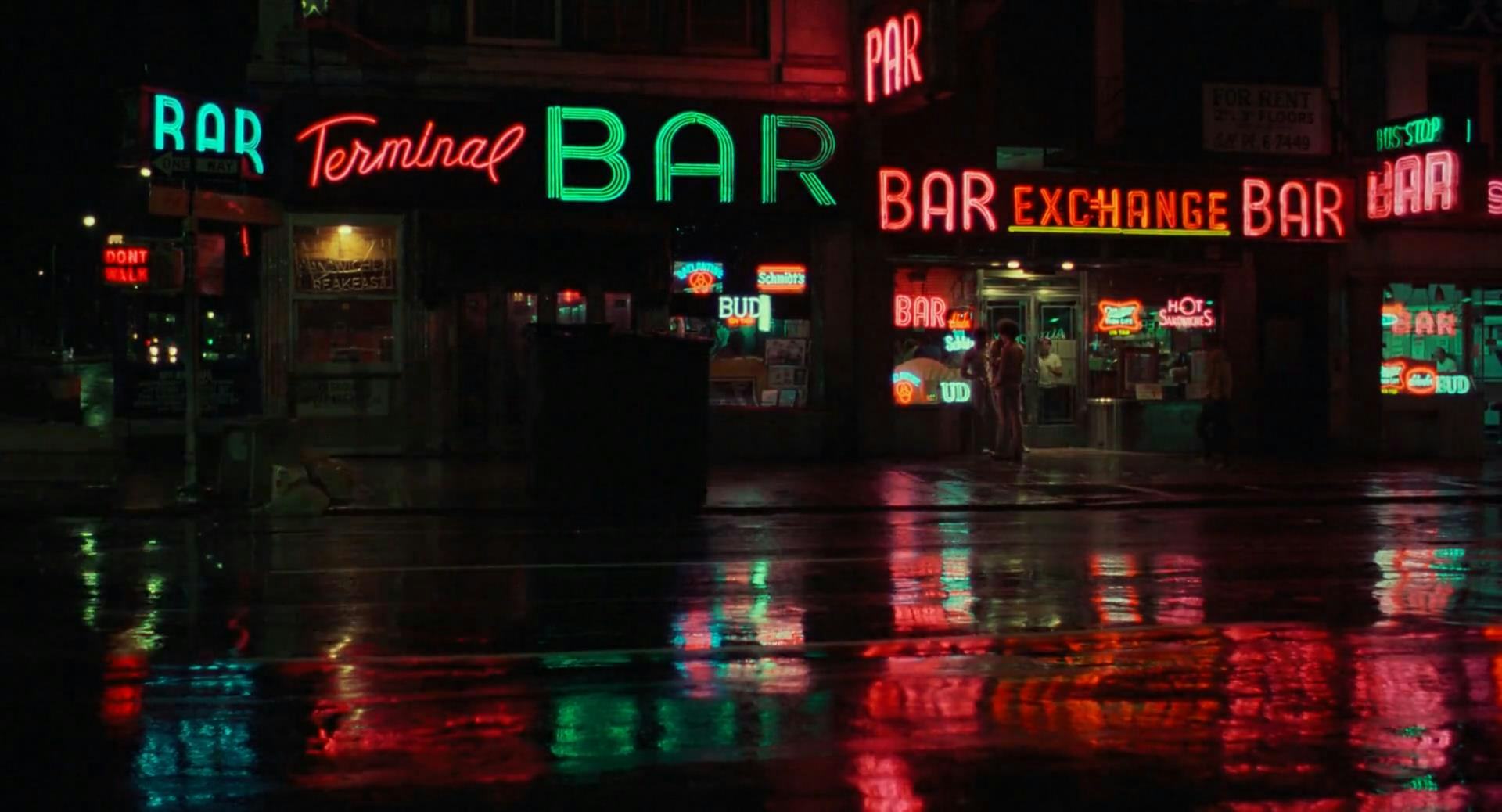
The events of March 30, 1981, will live on forever in a frustrating and stubborn kind of infamy. While President Ronald Reagan was leaving the Hilton Hotel in Washington, D.C., an aggressively unremarkable 26-year-old named John Hinckley Jr. fired at him six times with a .22 caliber revolver. Reagan would survive the attack, and Hinckley Jr. would be tried and declared not guilty by reason of insanity. But perhaps more crushing to the would-be assassin was the utterly deserved rejection he received from actress Jodie Foster, for whom he believed himself to be committing the act for.
Foster, of course, had been seen in a certain 1976 New Hollywood classic, a controversial effort from director Martin Scorsese and screenwriter Paul Schrader. In a chilling case of life imitating art, the film that influenced Hinckley Jr. follows a disturbed young man who plots to assassinate a presidential candidate after being romantically rejected by a campaign aide. Although the connection is undeniable, the truth is a bit more nuanced.
Hinckley Jr., like countless other alienated young men before and after him, was driven by an infatuation with violence and a desire to force the world to notice him. That desire, coupled with a deeply profound sense of isolation, is what Scorsese and Schrader depicted with such startling accuracy. Casually dreamlike and hypnotic in its menace, Taxi Driver is a bleak and unrelenting gaze into the mind of a troubled and dangerous individual, and a reflection of the environment that paradoxically rejects and enables him.
Like Charon ferrying souls down the River Styx, Travis Bickle (Robert De Niro) carries the denizens of New York City deep into its underworld, disgusted by the “filth” he sees outside the windows of his cab. Schrader’s script traps us in Travis’ head, where he’s alienated from the rest of the world by his experiences in Vietnam, as well as an obvious but unclarified personality disorder. Similar to Travis, Schrader struggled with chronic insomnia, exacerbated by the fact that he was living in his car at the time, a combination that he likened to being in “an iron box, a coffin, floating around the city but seemingly alone.”
Taxi Driver marks arguably the most exceptional collaboration between Scorsese and De Niro, and without the authenticity they bring to the film’s lead, the entire thing would collapse. During pre-production, De Niro secured a taxi license and drove the streets of New York, immersing himself in the day-to-day murk to truly understand the rhythm of the city. He also studied the diaries of Arthur Bremer, the would-be assassin of presidential candidate George Wallace. His performance is a chilling portrait of a man uncomfortable in his own skin, and behind every nervous tic and uneasy laugh is the desperation of someone begging to be released from crippling isolation.

Tragically, there’s a brief moment where it seems as if Travis might indeed find some kind of respite through his relationship with Betsy (Cybill Shepherd). Despite the alarming forwardness with which he inserts himself into her life, the young campaign aide decides to give him a chance, going on two dates with him while trying to peek behind his walls. Eventually, though, the reality of Travis’ aggression and social ineptitude shatter the fantasy, scaring Betsy and driving him even further into his antisocial despair.
Although Betsy is wise for recognizing Travis’ red flags, we also understand that, like most of the city, she lives in a world set apart from his. The candidate that she works for, Charles Palantine (Leonard Harris), is a populist firebrand who speaks up against a myriad of systemic issues in favor of “the People,” but when we meet him firsthand in the back of Travis’ taxi one night, the artificiality of Palantine’s political charm falters when confronted with the disturbing intensity of Travis and the city at large. Charles and Betsy occupy a different socioeconomic space than Travis, and they occupy a different side of New York City as well, one seemingly abundant in sunlight and optimism.
The majority of the film, however, takes place in parts shrouded by smoke and shadow, the darkness pierced by flashes of neon lights and trash fires. Taxi Driver was shot during a period of extreme economic turmoil punctuated by heat waves and sanitation strikes. The crumbling infrastructure and extreme destitution captured by Michael Chapman’s lens was seen as the death rattle of New York. Scorsese was drawn to the script because of his belief in film as the closest thing to waking dreams, and it’s reflected in the palpable atmosphere of urban rot that he and Chapman so nightmarishly craft on-screen.

It’s amid this toxic miasma of systemic failure, paranoia, and solitude that Travis’ psychosis comes to a head, and we’re forced to watch with frightening intimacy as he begins to plan his assassination of Charles Palantine. Despite being released over 40 years ago, Travis’ spiral holds disturbing insight into today’s climate of frequent and tragic mass shootings. It’s not at all accidental that Bickle’s craving for violence is triggered by his misogynistic entitlement to Betsy’s affection, and it’s downright terrifying to see how simple it is for him to get his hands on four different guns in the span of a mundane afternoon.
But of course, Travis’ story doesn’t end with the murder of a politician; it ends with a completely different act of violence, one spurred on by his fateful meeting with an exploited child named Iris Steensma, played by then-12-year-old Jodie Foster. It’s fascinating how the lines between “violent criminal” and “vigilante” become blurred, and if anything, the film’s ending is an ironic nod to the kind of notoriety that men like John Hinckley Jr. would seek to achieve in the decades following its release. Taxi Driver isn’t a story about a misunderstood individual desperate to belong, nor is it simply about a dangerous time bomb who happens to explode. It’s a movie about how antisocial, aggressive young men are enriched by a cannibalistic feedback loop of violence, taught to them by a society completely smothered in it.
Taxi Driver is streaming on HBO Max.







